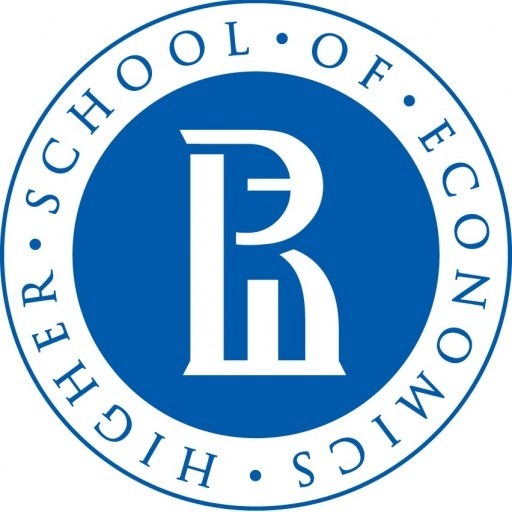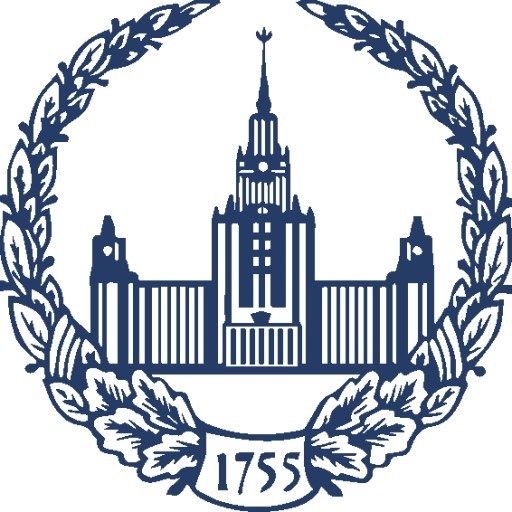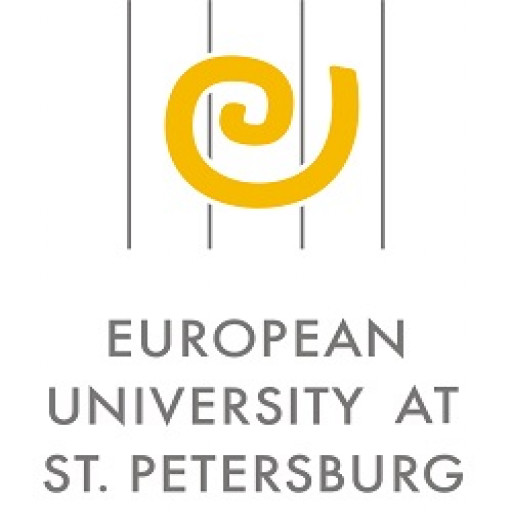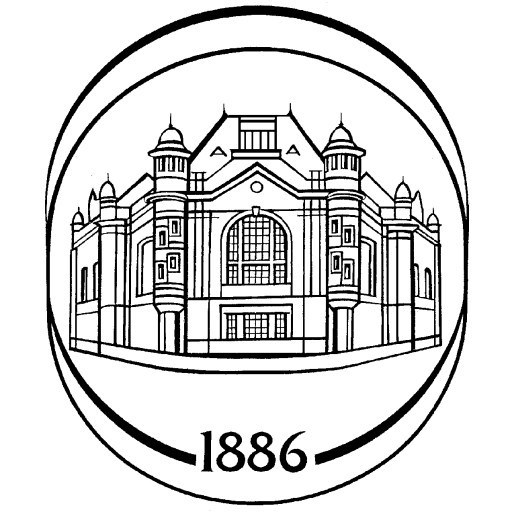The "Informatics and Computer Science" Master's degree program at Peter the Great St. Petersburg Polytechnic University is designed to equip students with comprehensive knowledge and advanced skills in the core areas of computer science and information technology. This program provides a deep understanding of algorithms, data structures, software development, and systems architecture, preparing graduates to tackle complex computational problems and contribute to innovation in diverse technological fields. Students will explore various programming languages, modern software engineering practices, and methodologies for designing and implementing robust, scalable, and efficient software solutions. The curriculum emphasizes both theoretical foundations and practical applications, ensuring graduates are well-versed in the latest technological trends and tools used in industry and research. In addition, the program offers specialized courses in artificial intelligence, machine learning, data analysis, cybersecurity, and distributed computing, enabling students to develop expertise in cutting-edge areas of computer science. Throughout their studies, students engage in collaborative projects, laboratory work, and internships, providing valuable hands-on experience and fostering teamwork and problem-solving skills essential for professional success. The program also encourages research activities, allowing students to participate in innovative projects under the guidance of experienced faculty members, thus contributing to the advancement of scientific knowledge. Graduates of this program are prepared for careers in a wide range of sectors, including IT companies, research institutes, government agencies, and startups, as well as for pursuing doctoral studies in computer science and related fields. The master's degree not only enhances technical competence but also develops critical thinking, project management, and communication skills, making graduates versatile professionals capable of leading technological developments and driving digital transformation across industries. With a strong emphasis on theoretical knowledge combined with practical experience and research opportunities, the "Informatics and Computer Science" program at Peter the Great St. Petersburg Polytechnic University is an excellent choice for those aiming to become experts and innovators in the rapidly evolving world of technology.
Program Description:
The Bachelor's program in Informatics and Computer Science at Peter the Great St. Petersburg Polytechnic University offers a comprehensive education in the fundamental principles and advanced technologies of computer science. The curriculum is designed to equip students with a solid theoretical foundation and practical skills necessary for a successful career in the rapidly evolving digital world. Throughout the program, students explore core areas such as algorithms and data structures, programming languages, software development, computer architecture, and systems programming. They also gain expertise in modern fields like artificial intelligence, machine learning, data analysis, cybersecurity, and network technologies.
The program emphasizes practical training through laboratory work, project-based assignments, and internships with leading technology companies. Students learn to develop and manage complex software systems, analyze large datasets, and implement security measures to protect information assets. The curriculum is regularly updated in consultation with industry experts to reflect current trends and innovations in informatics and computer science.
In addition to technical knowledge, the program fosters critical thinking, problem-solving skills, teamwork, and the ability to adapt to emerging technologies. Graduates are prepared for a variety of career paths, including software engineering, system analysis, cybersecurity, data science, and research. They also acquire the skills necessary for postgraduate studies and innovative activities.
The program is delivered by experienced lecturers and industry professionals, providing students with mentorship and real-world insights. State-of-the-art laboratories and research centers support hands-on learning and innovation. Upon completion of the program, graduates receive a recognized bachelor’s degree, qualifying them to integrate into the global IT industry, pursue further education, or start their own technology ventures. This degree aims to develop versatile specialists who can contribute effectively to digital transformation processes across various sectors of society and economy.
Prerequisites for admission to the Bachelor’s programme in Informatics and Computer Science at Peter the Great St. Petersburg Polytechnic University include a solid foundation in mathematics, physics, and computer science principles. Applicants are expected to have completed secondary education with high grades in relevant subjects such as mathematics, physics, and information technology. Proficiency in programming languages such as C++, Java, or Python is advantageous. English language skills are required at a B2 level or higher, demonstrated through recognized language certificates or previous education in English. Candidates must submit an application form along with academic transcripts, a motivation letter, and a copy of identification documents. Additionally, applicants may need to pass an entrance examination or interview, depending on the specific admission cycle. The entrance exam typically assesses logical reasoning, problem-solving skills, and fundamental knowledge in mathematics and computer science. Candidates from foreign countries are advised to verify specific visa and language requirements prior to application. The university values diverse academic backgrounds and looks for motivated individuals with a keen interest in technology and innovation. Prior experience in programming projects, robotics, or coding competitions can strengthen an applicant’s profile. Once admitted, students are expected to participate actively in coursework, practical training, and project development. The programme aims to develop competencies in algorithm design, software engineering, data analysis, and information security, preparing graduates for careers in IT industry, research, or entrepreneurship. To complete the degree, students must fulfill the curriculum requirements, successfully passing exams and completing coursework assignments, including final projects and internships. Continuous assessment methods include tests, project presentations, and practical exercises. Enrollment requirements also include compliance with health and safety regulations, as well as adherence to the university's code of conduct. Applicants are encouraged to consult the official university admissions portal for detailed and updated requirements prior to submitting their applications.
The financing of the Bachelor’s degree program in Informatics and Computer Science at Peter the Great St. Petersburg Polytechnic University is primarily supported through a combination of government funding, university sources, and tuition fees paid by students. The government funding allocates a significant portion of the state budget to cover the cost of education for students enrolled under the state-funded places, also known as budgetary places. These places are assigned annually, based on governmental quotas and the country's priorities in developing IT professionals. Students admitted to budgetary places do not pay tuition fees, which reduces financial barriers for eligible applicants, ensuring access to high-quality education regardless of socio-economic background.
For students enrolled under paid (contract) form of education, tuition fees are established based on the university’s tariff policy, which considers the cost of delivering the program, departmental expenses, faculty salaries, infrastructure maintenance, and additional academic resources. The tuition fees are published on the university’s official website and can vary slightly from year to year. These students are responsible for their own financing, which may come from personal savings, family assistance, scholarships, or external financial support. The university offers various scholarship programs, grants, and sponsorship opportunities for talented and motivated students, which can significantly offset the costs associated with the program.
Financial support mechanisms also include government-backed loans and targeted aid programs for students from low-income families or those with special academic achievements. The university collaborates with various regional and federal agencies to facilitate access to additional financial resources for students in need. Moreover, the university encourages students to participate in part-time work, internships, and industry-sponsored projects to support themselves financially while gaining practical experience related to their field of study.
In addition to direct financial support, the university offers many opportunities for students to reduce their educational costs through participation in academic competitions, research projects, and mobility programs. These initiatives sometimes provide stipends, travel grants, or fee waivers that help students to finance their studies. Overall, the financial model of the Informatics and Computer Science program at Peter the Great St. Petersburg Polytechnic University aims to ensure broad accessibility while maintaining high standards of education and research excellence.
The Bachelor’s Programme in Informatics and Computer Science at Peter the Great St. Petersburg Polytechnic University offers a comprehensive curriculum designed to equip students with fundamental and advanced knowledge in the fields of software development, algorithms, data structures, computer systems, and information technology. The programme emphasizes both theoretical foundations and practical skills, ensuring graduates are well-prepared for the dynamic challenges of the IT industry. Students delve into programming languages, database management, artificial intelligence, machine learning, cybersecurity, and software engineering to develop a versatile skill set applicable across numerous tech sectors. The curriculum is periodically updated to incorporate emerging trends and technologies in computing, aligning education with industry needs. Practical experience is gained through laboratory work, project development, internships, and collaboration with partner companies, fostering real-world skills and professional readiness. The programme also promotes critical thinking, problem-solving, research competencies, and teamwork, reflecting the demands of modern IT environments. Graduates typically pursue careers in software development, system analysis, IT consulting, research, and innovation. The university’s strong ties with industry and research institutions provide students with opportunities for networking, internships, and joint projects. The faculty comprises highly qualified specialists engaged in cutting-edge research, contributing to a stimulating academic environment. Overall, the programme aims to produce competent, innovative, and adaptable professionals capable of contributing to technological advancements and digital transformations across various industries.




